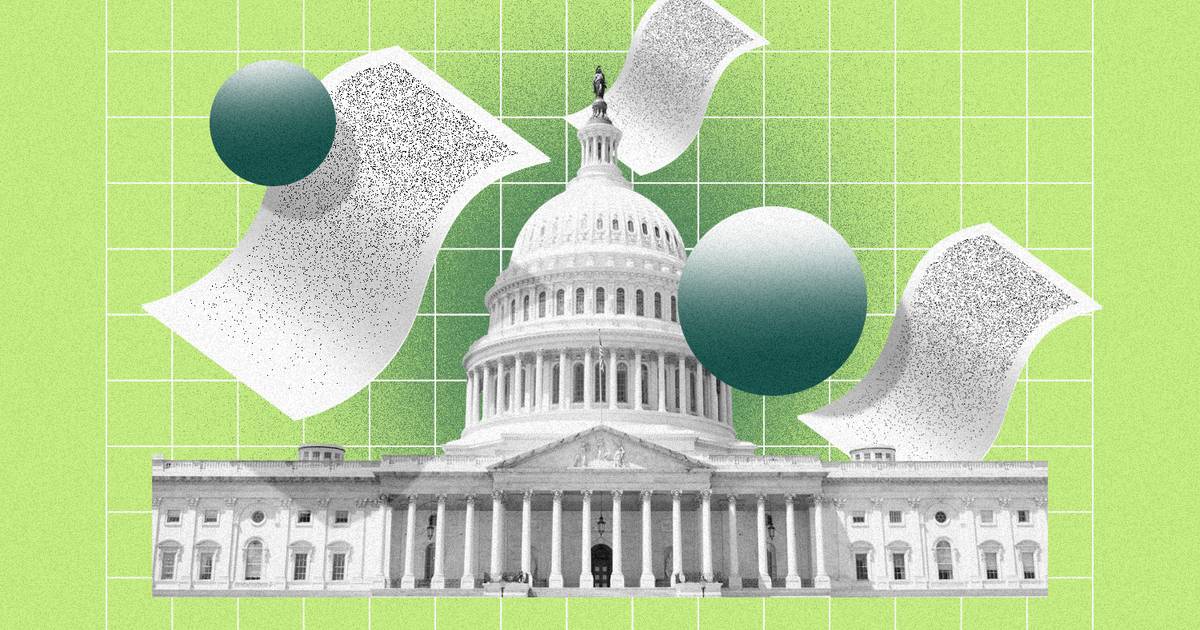Legislative lowdown: PWFA proposed rule, Maine paid leave, child labor laws
HR updates on the PWFA, Maine paid leave, child labor laws HR Brew

The Proposed Rule for Implementing the Pregnant Workers Fairness Act

Introduction
The Equal Employment Opportunity Commission (EEOC) has recently issued a proposed rule for implementing the Pregnant Workers Fairness Act (PWFA), which became effective on June 27. This report provides an overview of the proposed regulations and highlights the importance of the Sustainable Development Goals (SDGs) in promoting equality and fair treatment in the workplace.
Proposed PWFA Rule
The PWFA mandates that employers with 15 or more employees must provide reasonable accommodations to pregnant employees, those who have given birth, or those experiencing related medical conditions.
The EEOC’s proposed rule, published on August 11, outlines the necessary steps for employers to comply with the law. It also offers specific examples of reasonable accommodations that workers may request under the PWFA.
- Frequent breaks: Employees may request more frequent restroom breaks or breaks for lactation reasons.
- Schedule changes, part-time work, and paid and unpaid leave: Leave that is accrued, part of a short-term disability program, or provided as another benefit can be considered a reasonable accommodation.
- Telework: Employees may request to work from home, especially if they are on bed rest.
- Making existing facilities accessible or modifying the work environment: Employees may request changes such as moving their workspace closer to the restroom or making accommodations for pumping breast milk at work.
The EEOC is currently accepting comments on the proposed rule to ensure that it effectively supports workplaces and provides assistance to employers and workers in understanding the law.
Maine Enacts Paid Leave Law
Maine has recently passed a law that will provide paid family and medical leave to workers starting in 2026. This decision aligns with SDG 8, which aims to promote sustained, inclusive, and sustainable economic growth, full and productive employment, and decent work for all.
Under this legislation, most workers will be eligible to take up to 12 weeks of leave each year for various reasons, including caring for a loved one, bonding with a new child, or dealing with a serious medical condition. The Center for American Progress (CAP) estimates that the amount of money workers receive while on leave will be determined based on their income, with lower-paid workers receiving a higher share of paid leave.
Maine employers are required to inform employees about the benefits available under this program within 30 days of hiring them, as advised by attorneys from the law firm Littler.
Child Labor Rollbacks Continue
Arkansas recently enacted a law that rolls back child labor protections by no longer requiring age verification or permission to employ children under the age of 16. This development raises concerns about the violation of SDG 4, which aims to ensure inclusive and equitable quality education and promote lifelong learning opportunities for all.
However, employers in Arkansas must still comply with applicable state and federal laws when hiring children under the age of 16. The Arkansas Department of Labor and Licensing emphasizes that certain types of employment, such as scaffolding, operating certain machinery, and working on a railroad, remain unlawful for this age group.
This rollback of child labor protections is part of a larger trend observed in several states. According to the Economic Policy Institute, 14 states have introduced similar laws, posing risks to the well-being and development of children.
SDGs, Targets, and Indicators
| SDGs | Targets | Indicators |
|---|---|---|
| SDG 5: Gender Equality | Target 5.1: End all forms of discrimination against all women and girls everywhere | – The proposed rule for implementing the Pregnant Workers Fairness Act aims to provide reasonable accommodations to pregnant employees, addressing discrimination against pregnant women in the workplace. – The article mentions that employees may request accommodations such as frequent breaks, schedule changes, part-time work, and telework, which can help ensure equal treatment for pregnant workers. |
| SDG 8: Decent Work and Economic Growth | Target 8.5: By 2030, achieve full and productive employment and decent work for all women and men, including for young people and persons with disabilities, and equal pay for work of equal value | – The proposed rule for implementing the Pregnant Workers Fairness Act aims to ensure that employers provide reasonable accommodations to employees who are pregnant or have given birth, promoting decent work for pregnant women. – The article mentions that employees may request accommodations such as schedule changes, part-time work, and paid and unpaid leave, which can contribute to achieving full and productive employment for all. |
| SDG 10: Reduced Inequalities | Target 10.2: By 2030, empower and promote the social, economic and political inclusion of all, irrespective of age, sex, disability, race, ethnicity, origin, religion or economic or other status | – The proposed rule for implementing the Pregnant Workers Fairness Act aims to provide reasonable accommodations to employees who are pregnant, have given birth, or are experiencing related medical conditions, promoting the inclusion of pregnant individuals in the workforce. – The article mentions that employees may request accommodations such as frequent breaks, schedule changes, and telework, which can contribute to the social and economic inclusion of pregnant workers. |
| SDG 3: Good Health and Well-being | Target 3.8: Achieve universal health coverage, including financial risk protection, access to quality essential health-care services, and access to safe, effective, quality, and affordable essential medicines and vaccines for all | – The proposed rule for implementing the Pregnant Workers Fairness Act aims to provide reasonable accommodations to employees who are pregnant or have given birth, ensuring access to quality healthcare services and support during pregnancy. – The article mentions that employees may request accommodations such as frequent breaks and schedule changes, which can contribute to the well-being of pregnant workers. |
Behold! This splendid article springs forth from the wellspring of knowledge, shaped by a wondrous proprietary AI technology that delved into a vast ocean of data, illuminating the path towards the Sustainable Development Goals. Remember that all rights are reserved by SDG Investors LLC, empowering us to champion progress together.
Source: hr-brew.com

Join us, as fellow seekers of change, on a transformative journey at https://sdgtalks.ai/welcome, where you can become a member and actively contribute to shaping a brighter future.







